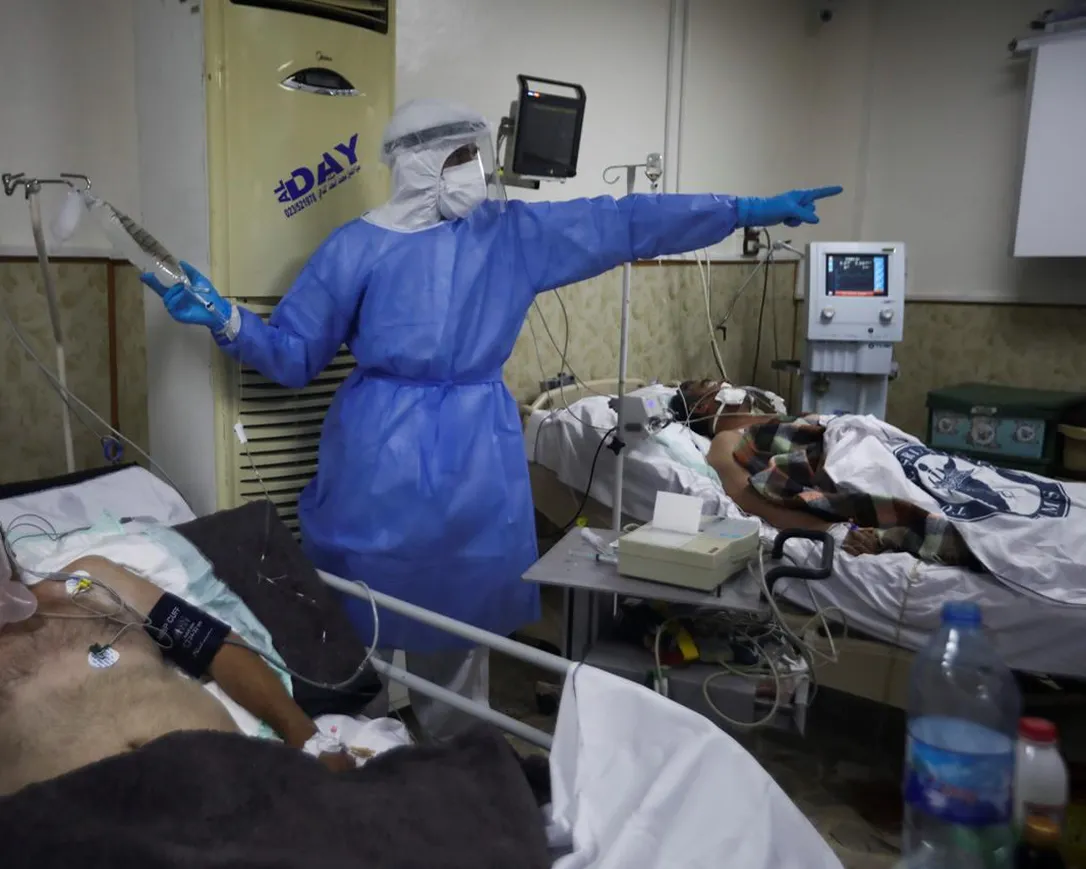
Medical experts have reported a rapid increase in confirmed Covid-19 infections in northwestern Syria. Between April 23rd and April 29th, there were 201 confirmed infections, with 142 cases in Idlib and its surrounding areas, and 59 cases in Aleppo’s countryside. The report also stated that there were two cases of health workers and 24 cases in displacement camps throughout northwestern Syria. The Syria Civil Defense teams recently transported the body of an elderly man who had died of Covid-19 to his family in an isolated village west of Idlib, according to medical authorities.
The medical situation in the liberated areas of Syria is at its lowest since the conflict began, with most medical facilities halting services due to a lack of funds and international support. The International Rescue Committee has also reported that the lack of funding is hindering medical teams from combating other diseases like cholera. The committee explained that there are serious delays in transporting vital goods across the border.
Muhammad al-Jassem, the health coordinator of the committee, stated that the earthquake in February has made it difficult to treat cholera and other illnesses in the region. The medical teams had to temporarily suspend activities to monitor the cholera outbreak as some treatment centers were used as shelters for those affected by the earthquake.
The Syria Vaccine team has confirmed that more than 573,000 people have received the cholera vaccine in opposition-held areas in northwestern Syria since the launch of the first vaccination campaign. The team reported that 484,000 people received the vaccine in Idlib, including more than 209,000 in Atma, 156,000 in Sarmada, about 99,000 in Maarat Misrin, and more than 21,000 in Harem. About 88,000 people received the vaccine in Azaz, rural Aleppo.
Medical experts have reminded civilians of the need to receive the Covid-19 vaccine and to adhere to prevention measures like wearing masks, social distancing, constantly sterilizing hands, and avoiding crowded places.









